VR is opening up new ways to experience art
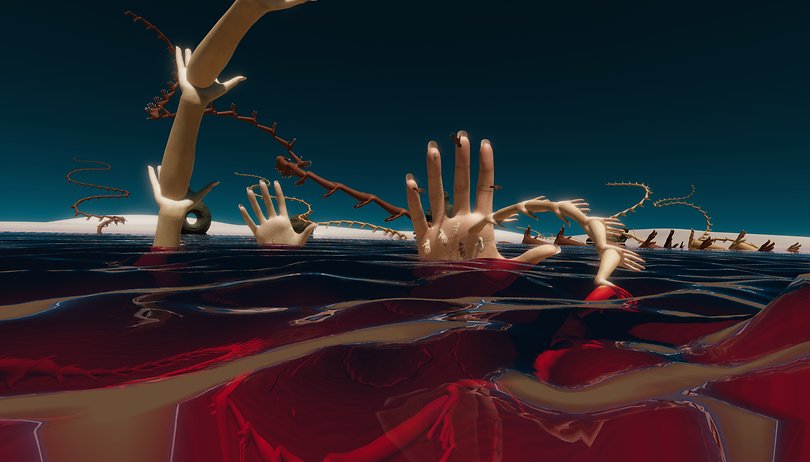

Read in other languages:
With its unique potential to disrupt our experience of both the world around us and our own bodies, it's no wonder that artists have taken an interest in virtual reality. What can we discover in the amorphous world between immersive games and art?
While VR is obviously a big factor in the gaming sector, the technology is also making inroads into medicine, fitness, work and shopping. But more often than not, when I encounter virtual reality outside of a strictly gaming context, it's been in the art world. Recently, I was at the A Maze experimental game festival in Berlin, and while VR was present in a big way, but there were no shooters or RPGs to be found there. Instead, it's being used to explore our thoughts, feelings and bodies in a more subtle way.
Backing up a little, I'd seen VR installations at art exhibitions before. The first time was experience called 'What does it feel like to be a computer mouse?', in which, after donning a HTC Vive, one adopts the point of view of a real life mouse at a computer desk (thanks attached camera and motor), or, at the click of a button, the mouse cursor itself, with the website laid out on the floor beneath me.
The feeling of helplessness that came from being whisked around really did make me consider the perspective of being an object, a tool, especially when compared to the usual expectations of empowerment and interactivity that VR offers in a gaming context. That's one way to do it, but at the A Maze fest, the artistic VR 'experiences' had plenty of interactivity and playfulness.
Conveying emotion through the body in VR
In the emerging XR technologies, both VR and AR creatives are excited for multiplayer communication and community potential, not just for team games, but also for social interaction in shared virtual worlds. But so much of our communication in real life goes unspoken, instead meaning is conveyed through our bodies via facial expression, gesture and posture.

At A Maze, Monobanda invited us to do just that. According to co-founder Niki Smit, the Dutch art collective "accidentally turned into a VR company", because of their projects that involved body interactions beyond just viewing things. Monobanda has a history of creating playful experiences that in which the user interacts with VR environments in different ways, such as projecting objects into the VR world through your voice, shaping environments through collective breathing and even incorporating pain into VR experiences. Their latest project Kinesics, developed in collaboration with Improvive, is all about nonverbal communication.
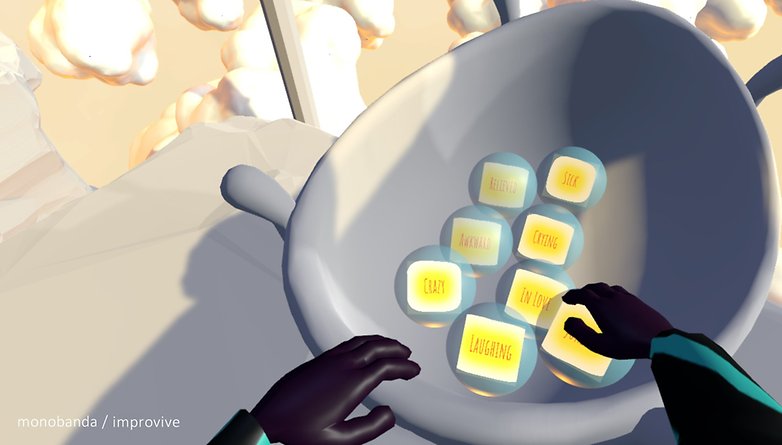
Kinesics is a multiplayer game in which two people appear in an VR environment separated by an insurmountable gulf. You can see each other - and yourself, via a mirror - and you can see a sign that displays an emotion or state: innocent, joyful, sad, tired, worried and so on. The goal of the game is to express the emotion with your body language in a way so as the other person across the divide can guess. They have a box of balls labelled with different emotions that they can throw over to you to show their guesses. Your virtual avatar, in this case, also has legs and a torso that do a good job at realistic following of your tracked head and hands.
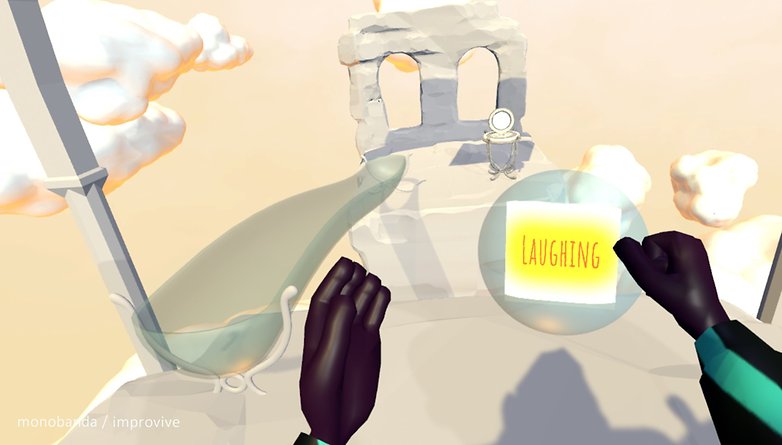
I tried this and as I took turns with a stranger as my partner, it's hard not to think of just how important our mostly unconscious body language is, when you consciously decide how to best convey it through an imperfect avatar, and don't always intuit what the other is saying, either. It's also influenced by our own personalities. Niki mentions that partners that already knew each other well had a much better success rate.
Our players sharing a tender hug in our multiplayer VR game Kinesics at @AMazeFest
— Monobanda (@Monobanda) April 12, 2019
Made in collab with @improvive
Supported by @StimuleerFonds pic.twitter.com/9dOD5hrR6V
Thought provoking as it is, exploration of body language will also be important in the gaming and social VR fields. After all, multiplayer adventures will be more fun with effective communication, and the lack of body language is still frustrating in social VR. It'll take more than just strapping trackers to more parts of our bodies - some thought will have to go into game design to make our movements count in a meaningful way within the context of the experience.
Stretching the hands of imagination
Also present was French artist Mélodie Mousset, who, like Monobanda, came into VR 'accidentally'. Her journey to becoming a VR artist actually started with a chance encounter in a hospital. Mélodie's previous artwork explored the theme of embodiment - the physical selves being deconstructed, reshaped and reborn.
Somewhere along a journey through transcendental rituals, sculpture, schizophrenia, psychedelics and painting exploring human plasticity, she utilized an MRI machine in a hospital to scan her body for a project, and, opening the wrong door, mistakenly stumbled upon the VR equipment which is becoming more and more common to find in the medical field. And of course, she had to try it.
The result of Mousset's fascination with VR and the transformation of the body takes the form of HanaHana, inspired by the character Nico Robin of One Piece, who gains the power to spawn extra limbs after consuming the magic "HanaHana no Mi" fruit. In Mousset's HanaHana, the player is placed in a mysterious desert environment with a similar power to cause potentially infinite hands to sprout from any surface, even each other.
In the latest version of HanaHana shown at the A Maze festival, visitors took turns to make the desert bloom with sculptures of flesh and beseeching fingers forming arches, spirals and other constructions, undulating to atmospheric music. Push to far over the sand dunes and daunting winds await, but explorers could plumb the depths of the lake or even enter the pulsating blood vessels of your fleshcrafts, which can be as small as your own hands or as tall as skyscrapers.
Haunting and playful, gross and beautiful at the same time, HanaHana takes a different approach then Kinesics. While the latter engages us with our own bodies as they are, this experience plays with disembodiment, deconstruction, pulling ourselves into pieces to make something new. It's an oddly calming experience that has delighted both visitors to exhibitions and child patients in hospitals, and continues to evolve as more and more people stretch their hands towards the sun.
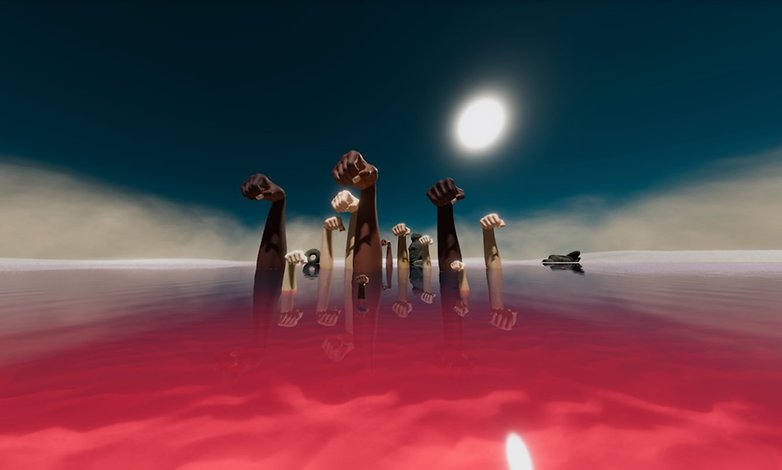
While HanaHana can't be downloaded to play at home, it's still touring at various exhibitions, and the creators offer a newsletter to keep you posted about developments and showings.
Completely new perspectives await
Kinesics and HanaHana weren't the only VR experiences at A Maze that opened my mind to new possibilities. Though my time with others was more limited, I saw a virtual garden set up in a room full of felt props to add a tactile dimension, and explored a VR version of Locus Solus, the surreal story by French author Raymond Roussel with the bizarre fantasies brought to life in front of my eyes. On a side jaunt to Berlin indie dev HQ Saftladen, my arms became titanic, sticky tentacles, embodying myself as something completely new.
HELP. @MrLucaGames and me added an instant camera to our game and now I can't stop taking pictures!!! #gamedev #Instagram (real) #Help pic.twitter.com/av4LrvIL7M
— Effing Simon @AMAZE (@firepunchd) February 15, 2019
The landscape of VR experiences available to the public is still in its infancy, and while variations of existing modes of popular entertainment will always be present as the 'safe' bet for the mass market, it's clear that VR offers something more than just 'video games as we know them, but more immersive'.
VR adaptions of popular shooter and role-playing games have their place, to be sure, but even if you're bored with video games as you know them, I'd encourage you to look out for and try new and unknown VR experiences appearing in exhibitions near you. You might just find it transformational.







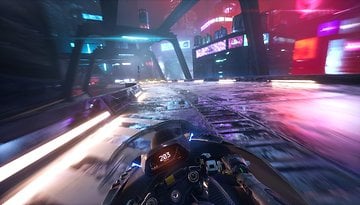

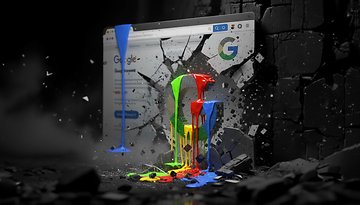
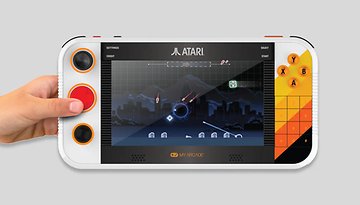
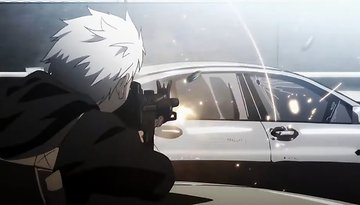
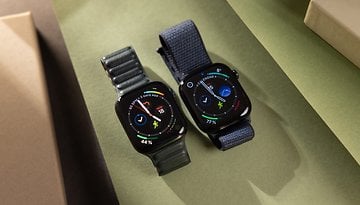

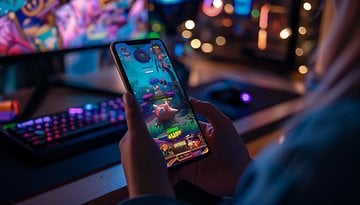

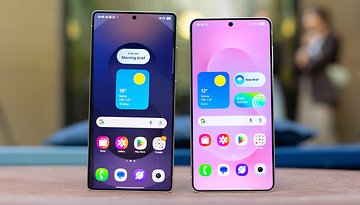
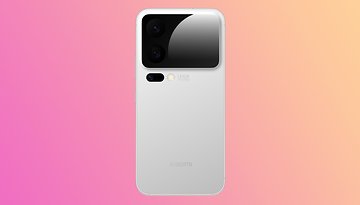


If you consider that art maybe the article has merit. I guess I am just to old school and really do not see the example in this article as art. I see it as computer generated graphics not art.